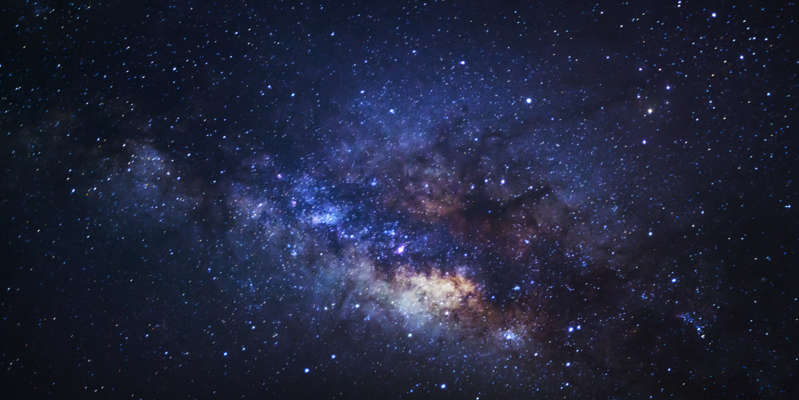
Spacecraft will bring a new revolution in science closer. EXCLUSIVE
Spacecraft such as the Solar Orbiter will bring a new revolution in science closer. This point of view on the air of the TV channel “MIR 24” was expressed by the Doctor of Physical and Mathematical Sciences, Chief Researcher of the Physics Institute. Lebedev Institute of RAS Sergei Bogachev.
“Many people still think that we, having discovered wonderful theories, have known the world in full, but I assure you that this is not so. It is possible that we are on the verge of new scientific revolutions that will bring us no less significant discoveries and, perhaps, such expensive devices will help bring this new revolution closer, ”he said.
This apparatus, in particular, can bring humanity closer to solving the riddle of the Sun's crown, which many put in first place among others.
“This is the mystery of most stars in general. By cosmic standards, they are cold bodies, their temperature is several thousand degrees, and, having cold surfaces, they have very hot incandescent atmospheres – a temperature of millions of degrees. A cold body somehow heats the surrounding gas to temperatures thousands of times higher than itself. These are some violations of the fundamental laws of thermodynamics, and this is of interest. There is no definitive explanation for this phenomenon, either for the Sun or for the stars. This is one of the largest mysteries of the Sun, which the Solar apparatus should solve or help to solve, ”the scientist commented.
Spacecraft will bring a new revolution in science closer. EXCLUSIVE

WORLD 24 More videos SHARE Tweet SHARE SHARE MAIL What else to see
-

Rhythms for health: how does Mozart's music treat epilepsy?

WORLD 24
-

Russia undocked the Pirs module from the ISS

WORLD 24
-

The largest periodic table in Eurasia was shown in Dubna near Moscow

WORLD 24
-

Dual contamination: what happens in the body when multiple strains of COVID-19 are detected?

WORLD 24
-

Vaccination against COVID-19 for children: the pediatrician told the details

WORLD 24
-

A new global threat: where can you get monkeypox?

WORLD 24
-

70 years ago, the first space flight with dogs took place

WORLD 24
-

Multipurpose laboratory module “Science” sent into orbit

WORLD 24
-

Scientists have found a way to get hypoallergenic milk from a cow. EXCLUSIVE

WORLD 24
-

An experiment for the future: why did Russian scientists clone a calf?

WORLD 24
-

Russian scientists have created a super-filling for teeth based on eggshells

WORLD 24
-

Odyssey of billionaires: Jeff Bezos flew into space on the New Shepard

WORLD 24
-

Powerful iron birds: the latest aviation developments were shown at the MAKS-2021 air show

WORLD 24
-

Space walk: Jeff Bezos announced his readiness to go to the stars

WORLD 24
-

British doctors have learned to determine the level of blood sugar in the palms

WORLD 24
Click to Expand Repeat Video
-

Rhythms for health: how does Mozart's music treat epilepsy? During the experiment, scientists recorded the activity of the brain using electrodes implanted into it.

Russia undocked the Pirs module from the ISS This operation made it possible to free the docking port of the ISS Russian segment to receive the Nauka module.

The largest periodic table in Eurasia was shown in Dubna near Moscow The panel is clearly visible from the city and from motor ships sailing along the Volga.


FOLLOWING
The Solar Orbiter passed at a distance of eight thousand kilometers from the surface of Venus and continued on its way towards the Sun.

